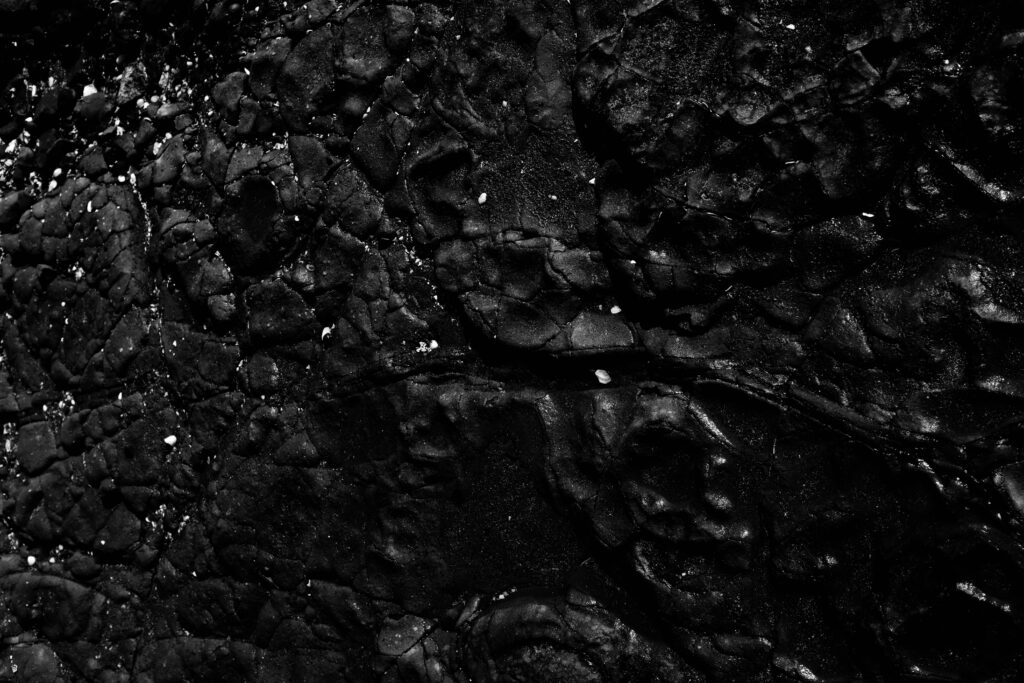
ARC Industry Fellowship
Investigators: A/Prof. Pramod Koshy (Materials Science and Engineering UNSW), Dr. Arash Tahmasebi (University of Newcastle), Ms. Lauren Williamson (CSIRO), Dr. Hannah Lomas (University of Newcastle), Dr. Soonho Lee (University of Newcastle), Dr. Sajjad Mofarah (Materials Science and Engineering UNSW), Dr. Michael Drew (ANSTO)
Industry Partner: ACARP
Timeframe: 2024 – 2025
There is an increasing need to ensure the long-term market viability of Australian coals and cokes with the growing focus on environmental sustainability and reduction in carbon emissions. A potential approach would be the use of sustainable biomass sources for partial replacement of coals in metallurgical blends.
This project focusses on enhancing the environmental sustainability of cokemaking through the partial replacement of coal by biomass in high addition ratios (>20 wt%). The project aims to enhance biomass utilisation in coal blends to improve the environmental sustainability without compromising the properties and performance of the resultant cokes in ironmaking. This project forms part of an overall integrated and synergistic strategy comprising multiple projects aimed at comprehensively understanding the effects of biomass types, particle sizes, addition ratios, and coal types on the properties and performance of biocokes. This builds upon understanding from prior projects of CI Koshy on high-temperature strength evolution of cokes and on biochar (hardwood) addition to coal blends to produce highquality cokes.
Moreover, this project fits with current ACARP research priorities on development of metallurgical coke through biomass additions and integrated understanding of coal to coke conversion and coke performance. The data can help improve practices related to integrating biomass sources with coals and enable the fabrication of high-performance biocokes for ironmaking.
-
Understand the effects of blending biochars (5-30 wt%, addition ratios to be decided) from a hardwood source with two coals (with varying vitrinite contents) on the resultant coke properties particularly the room-temperature and high-temperature strengths.
-
Determine the impacts of biomass addition ratios and coal type on the physical, microstructural, macrostructural, and interfacial bonding features of the char-coal components in the cokes through fractography, permeability, and microtextural analyses.
-
Develop associations between the properties of the coals and resultant cokes at high temperatures (strength, hardness, permeability, thermal behaviour) with data from standard coke quality performance indicators to assess the quality and marketability of these new blend compositions.
This will provide information to Australian coal/coke producers on the quality of these cokes and improve their marketability and environmental sustainability
